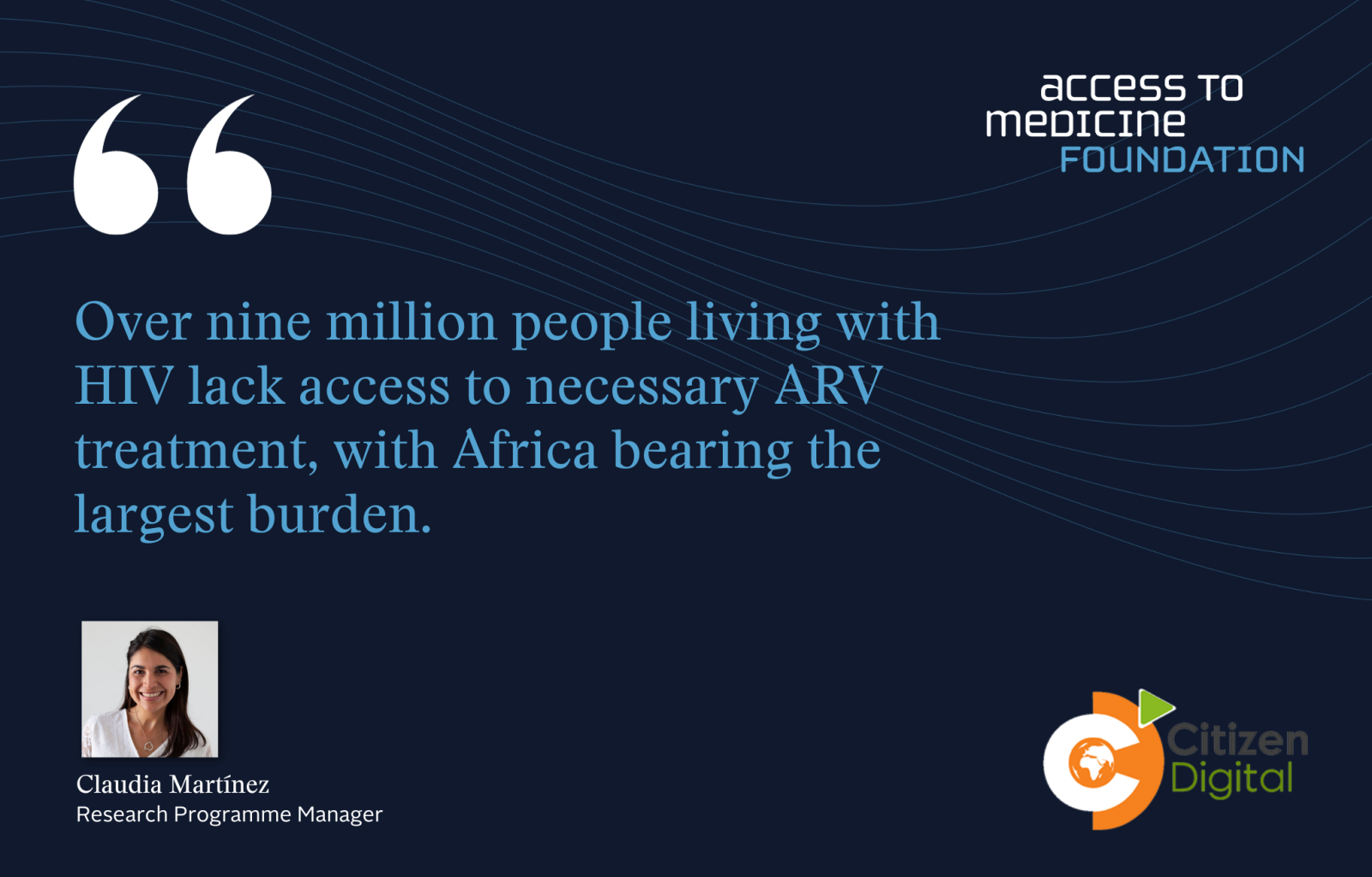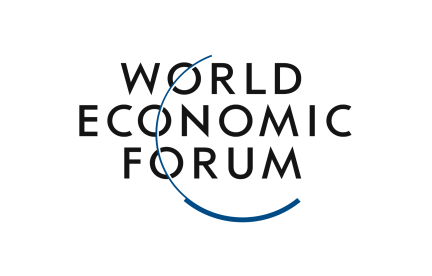Date
01 December 2023
Op-ed: How to make sustainable regional production of antiretrovirals in Africa a reality
Direct links

Despite progress in HIV treatment globally and efforts by organisations like the Global Fund to Fight AIDS, Tuberculosis and Malaria and Indian generic medicine manufacturers to make ARVs affordable, many African countries heavily rely on imports for pharmaceuticals.
Martínez spotlights the strides made in achieving UNAIDS '95-95-95' targets in some African nations, asserting that despite the strides, significant gaps remain. She argues that there is a growing political will to bolster regional production, fueled by stockouts during the COVID-19 pandemic.
While several African manufacturers produce ARVs domestically, they face challenges such as limited access to funding and high prices of ARV Active Pharmaceutical Ingredients (APIs). Martínez emphasises the need for consistent government policies, streamlined regulations, and strategic partnerships to support sustainable regional pharmaceutical production. She argues that prioritising locally manufactured goods in procurement decisions and shifting away from a price-centric approach are key to level the playing field.
She highlights strategies implemented by Nigeria and Kenya to boost local manufacturing, and outlines how ARV manufacturers can adapt and optimise their strategies in the future by diversifying into additional markets and products, focusing on private sectors, and exploring diverse therapeutic areas for long-term success.
Martínez concludes the piece by emphasising the immense potential benefits large-scale local manufacturing in Africa would bring and calling for practical steps to harness collective will, achieve crucial goals, and ensure essential medicines are accessible for people living with HIV in Africa.


